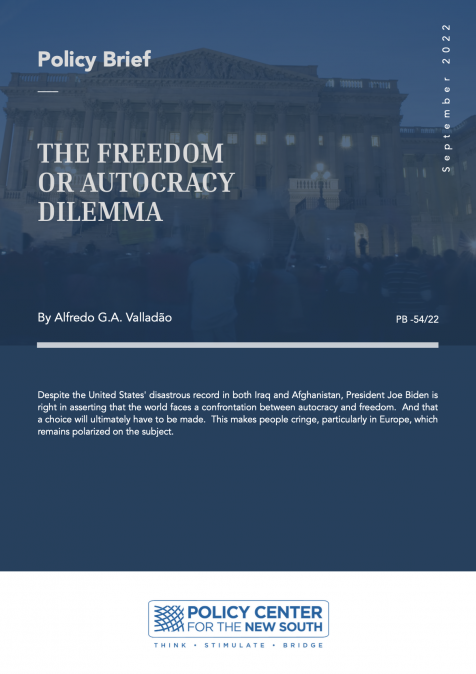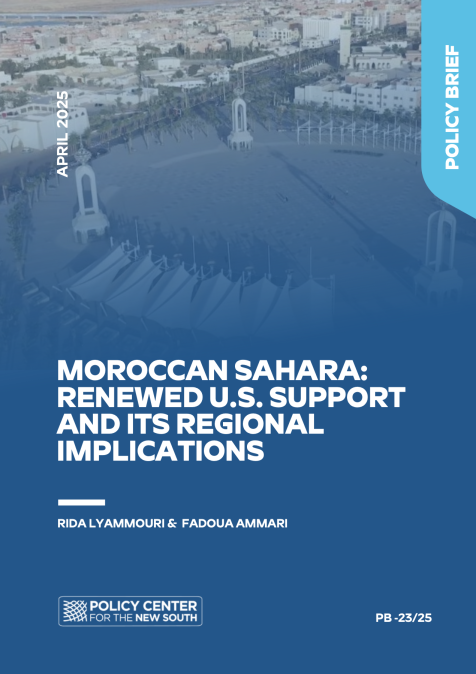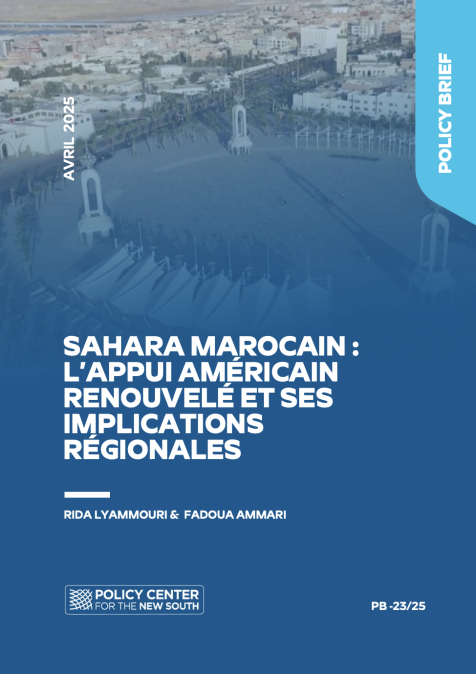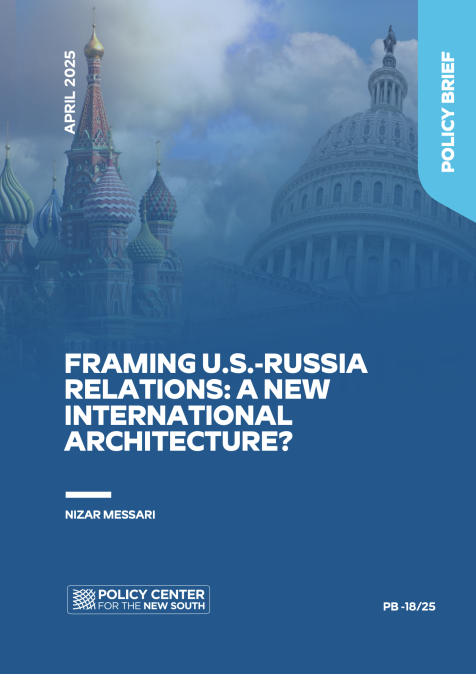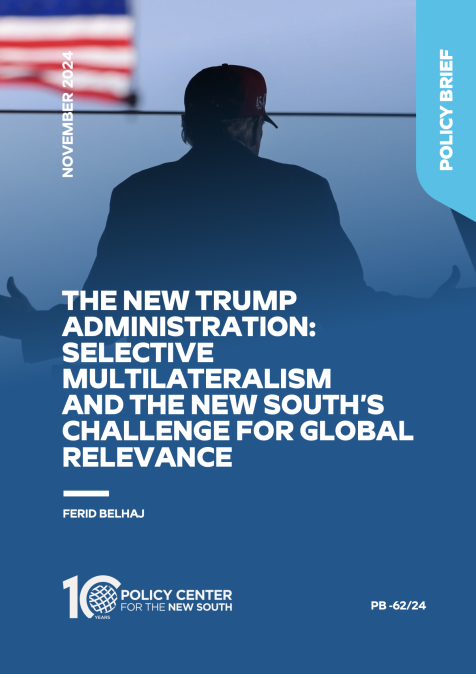Publications /
Policy Brief
Policy Brief
The Freedom or Autocracy Dilemma
September 28, 2022
Despite the United States' disastrous record in both Iraq and Afghanistan, President Joe Biden is right in asserting that the world faces a confrontation between autocracy and freedom. And that a choice will ultimately have to be made. This makes people cringe, particularly in Europe, which remains polarized on the subject.

